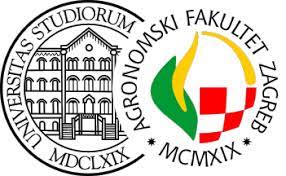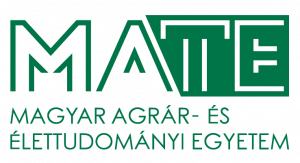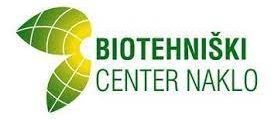2.5 Direct control measures
Plant protection products and active substances allowed in organic agriculture
European Union organic farming rules cover agricultural products, including aquaculture and yeast (EU regulation 834/2007). They encompass every stage of the production process, from seeds to the final processed food. This means that there are specific provisions covering a large variety of products, such as:
- seeds and propagating material such as cuttings, rhizome etc. from which plants or crops are grown.
- living products or products which do not need further processing.
- feed.
- products with multiple ingredients or processed agricultural products for use as food.
EU regulations on organic production exclude products from fishing and hunting of wild animals but include harvest of wild plants when certain natural habitat conditions are respected. There are specific rules for wine and aquaculture.
One of the objectives in organic production is to reduce the use of external inputs. Any substance used in organic agriculture to fight pests or plant diseases must be pre-approved by the European Commission.
Additionally, specific principles guide the approval of external inputs such as fertilizers, pesticides, and food additives so that only substances and compounds listed as approved in specific legislation can be used in organic productions.
Processed food shall be produced mainly from agricultural ingredients only (added water and cooking salt are not taken into account). They may also contain:
- preparations of micro-organisms and enzymes, mineral trace elements, additives, processing aids and flavorings, vitamins, as well as amino acids and other micronutrients added to foodstuffs for specific nutritional purposes can be used but only when authorized under organic rules.
- substances and techniques which reconstitute properties that are lost in processing or storage that correct any negligence in the processing or that otherwise may be misleading on the true nature or the products shall not be used.
- non-organic agricultural ingredients can only be used if they are authorized within the annexes to the legislation or have been provisionally authorized by an EU country.
And above all, any substance listed for use in organic agriculture must be compliant with horizontal EU rules and then be thoroughly assessed and approved by the European Commission for use in organics.





